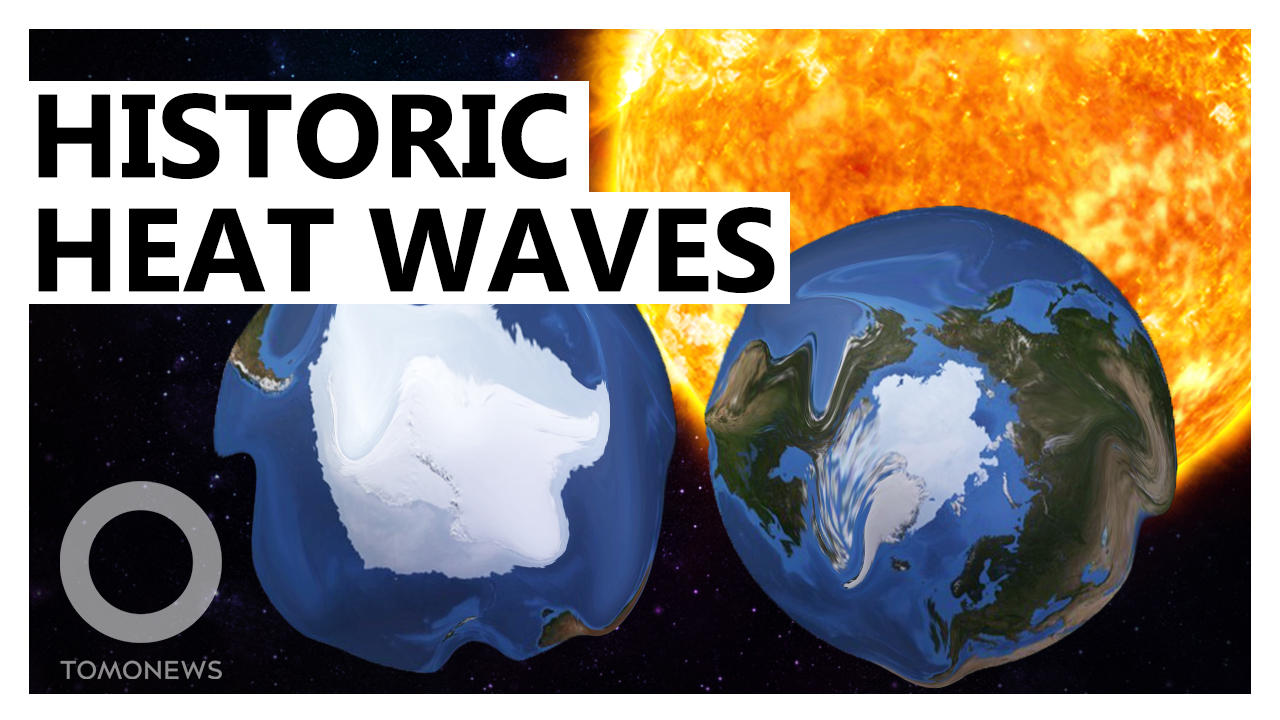Antarctic Heat Wave: Antarctica and Arctic Both Experience Historic High Temperatures

Antarctic Heat Wave: Antarctica and Arctic Both Experience Historic High Temperatures
ANTARCTICA — Antarctic heat wave explained.
Earth's poles have been experiencing major heat waves simultaneously, with the Arctic 6 degrees Fahrenheit warmer than the 1979 to 2000 average on Friday, March 18, and the Antarctic, heading toward its Autumn period, about 8.6 degrees warmer, according to the University of Maine’s Climate Reanalyzer.
Individual weather stations in the latter region emphasize the scale of the heat, with the Vostok station recording temperatures around 27 degrees above its all-time record, while the remote research station at Dome C reached around 68 degrees warmer than its average for this time of year since 1990, according to Berkeley Earth lead scientist Robert Rohde.
In both regions, warm air being transported by strong winds is responsible for the temperature spikes, according to Severe Weather Europe, though an atmospheric river was also a major contributing factor in the eastern Antarctic, according to one climate researcher cited by The Guardian.
“These are rivers of moisture in the air that bring warm and moist air to certain locations, and there was a really significant one occurring in that region over Antarctica,” Julie Arblaster of Monash University explained.
The moist air trapped heat above the continent, and that resulted in the warm surface temperatures.
Such heat would have to persist for a fairly long time to have a significant impact on the Antarctic ice sheet, according to Andrew Mackintosh, head of the school of earth, atmosphere and environment at Monash University, though the ultimate danger is that ice shelves that extend out over the ocean could melt and, as a result, “grounded ice that sits inland would flow out faster … go to the ocean and cause sea level rise.” In the Arctic, however, there has already been a sharp drop in levels of sea ice this month, adding to a study last year that found sea ice across much of the Arctic thinning twice as quickly as previously thought, according to The Guardian.

![Exclusive: Antarctica Scientist Breaks Down Recent Extreme Heat And Massive Glacial Calving [Video]](https://video.newsserve.net/300/v/20220328/1648504647-Exclusive-Antarctica-Scientist-Breaks-Down-Recent-Extreme-Heat.jpg)